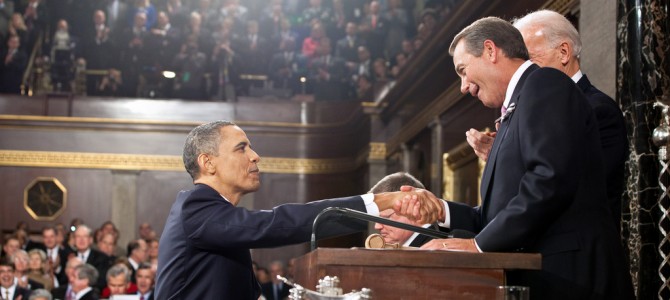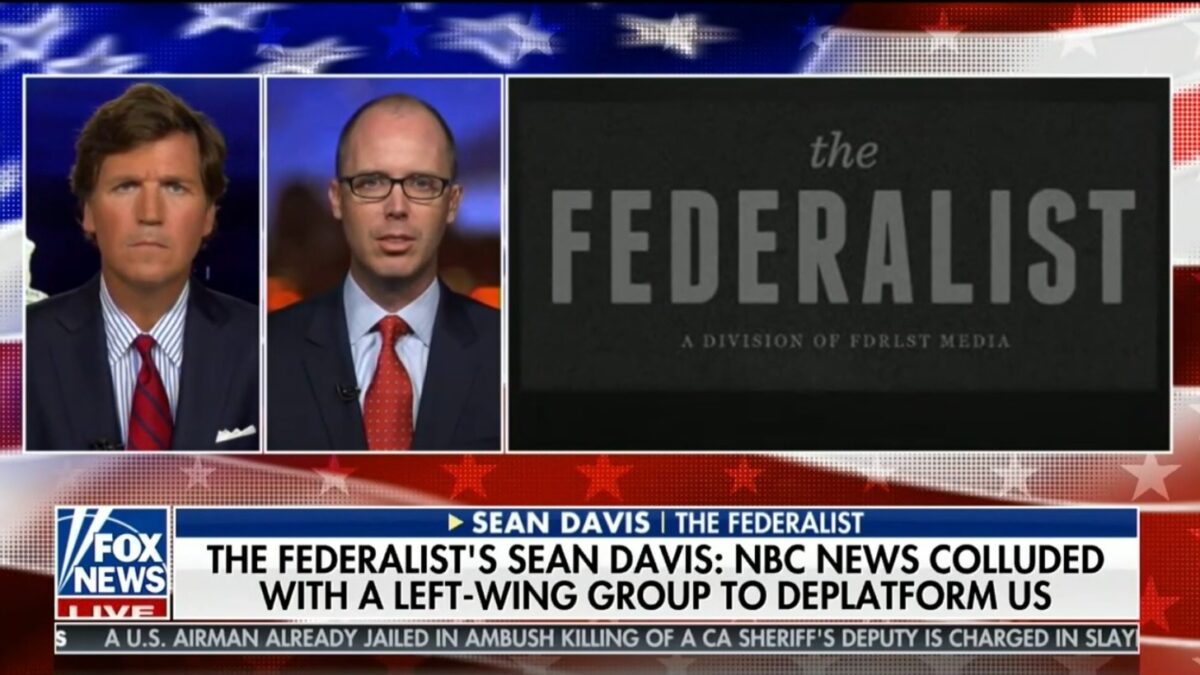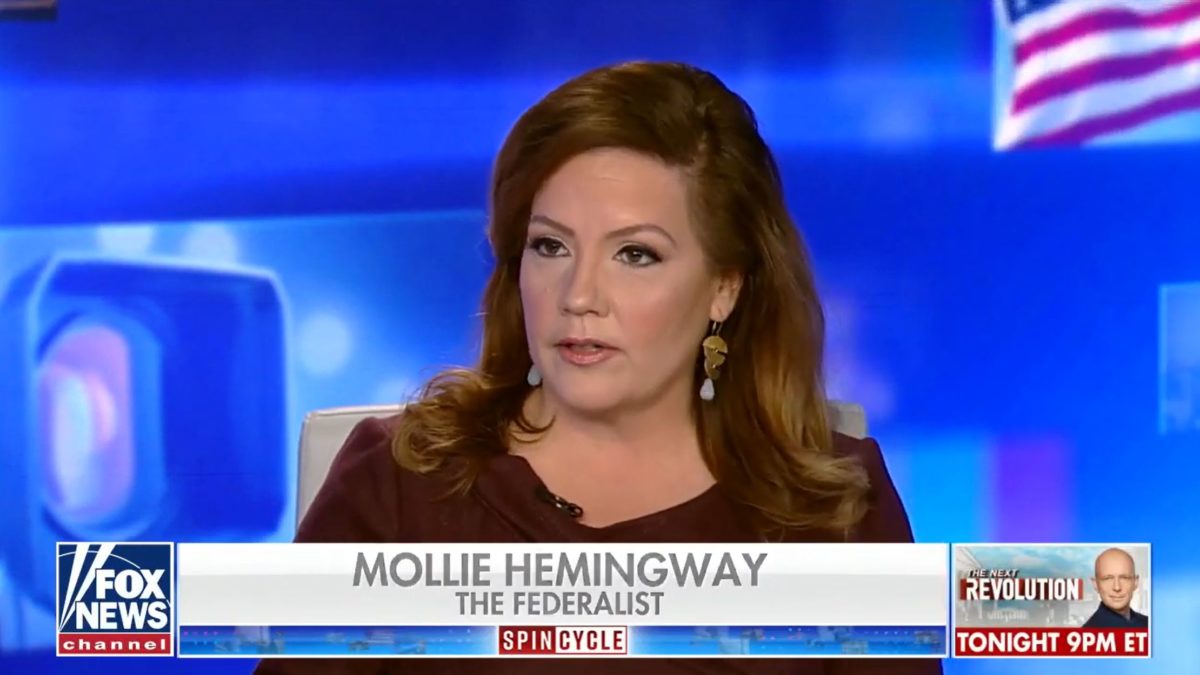
The convening of the 114th Congress on Saturday begins the last phase of Obama’s presidency. This is the fifth consecutive presidency (beginning with Reagan’s) to end with one party in the White House and the other in control of Capitol Hill, but while the others generally ended with a whimper, President Obama, “liberated” from political constraints, is determined to go out with a bang.
What will it take for Republicans in Congress to limit the president’s executive overreach? Simply the will to use the constitutional tools they possess–but unfortunately that will seems absent in the leadership of both the House and the Senate.
Senate Majority Leader Mitch McConnell’s promise to avoid a government shutdown means, in practice, that President Obama will get anything for which he’s willing to threaten a veto. This, in and of itself, amounts to a de facto expansion of executive power–not an encouraging beginning.
It also creates an absurd divide between authority and responsibility, suggesting that a Congress that passes appropriations bills the president vetoes is somehow the party at fault for the “shutdown” that results. It was one thing for Congress to take the blame when disagreements between the Republican House and Democratic Senate prevented spending bills from getting to the president’s desk. Now Sen. McConnell’s folly has made congressional Republicans responsible for keeping the government funded even after they have passed every necessary bill, though they have no more power to control the president’s veto pen now than they had before the midterm election.
Meanwhile, in the House, Speaker John Boehner’s slow-motion lawsuit continues to threaten President Obama with a stern warning at some indefinite point in the future–possibly even before his term expires. The good news is that, after an exhaustive (and, no doubt, exhausting) search, he was able to find someone to take the lawsuit: celebrity law school professor Jonathan Turley, of course.
There are surely a number of reasons for Speaker Boehner and Majority Leader McConnell’s weak responses to President Obama’s aggressive use of executive power. Perhaps they continue to defer to the conventional wisdom that congressional Republicans always lose confrontations with Democratic presidents, despite the very different results from the 2013 Obamacare “shutdown.”
Perhaps they share the Republican Party’s recent preference for a muscular executive and are loathe to undercut powers they hope will be in more friendly hands two years from now.
But most of all, perhaps they, along with the rest of our bipartisan ruling class, have lost all meaningful contact with the first principle of our government: that officeholders are only the “servant” and “deputy” of the people, bound by their constitutionally-expressed will. This means that all officeholders have a duty, reinforced by the oath of office they take, to challenge the unconstitutional acts of others.
The founders recognized that this would be politically difficult. As Alexander Hamilton suggests in Federalist 78, an officeholder insecure in his position will generally find it expedient to ignore the unconstitutional acts of other leaders. Thus, the principal argument in the essay, a defense of the lifetime tenure of judges, is grounded in the provision’s tendency to prop up a weak judiciary and enable it to accomplish its constitutional responsibility: an “inflexible and uniform adherence to the rights of the Constitution, and of individuals. . . .”
In our day, however, the lifetime tenure of judges has not shielded the court from political influence. For some judges, it is a matter of ideology: Progressives deny the reality of a Constitution fixed in meaning by those who adopted it (i.e. the people) and binding upon all American officeholders. They, therefore, manipulate the law and the Constitution to suit the cause of History, as they understand it.
For other judges, it is a matter of expediency. When Chief Justice John Roberts decided the Obamacare individual mandate was actually a tax, he spared himself and his court a good deal of elite disapproval, while conniving at the unconstitutional heart of the program. He also signaled to the Obama Administration that it could be as imprecise in its execution of the law as it had (intentionally) been in its drafting. The Boehner lawsuit over the Administration’s delays in implementing Obamacare, then, doesn’t just represent a second failure to confront the president’s lawlessness directly, but builds upon the first: can the federal courts really hold the Administration accountable for turning a “2014” into a “2015,” when the highest court in the land has turned a mandate into a tax?
An independent judiciary, Hamilton argues in Federalist 78, should be the branch “least dangerous to the political rights of the Constitution; because it will be least in a capacity to annoy or injure them.” However it is crucial to note that this claim depends upon the precondition that “the different departments of power . . . are separated from each other.” In the next paragraph, he lays out the same precondition two more times:
It equally proves, that though individual oppression may now and then proceed from the courts of justice, the general liberty of the people can never be endangered from that quarter; I mean so long as the judiciary remains truly distinct from both the legislature and the Executive. For I agree, that “there is no liberty, if the power of judging be not separated from the legislative and executive powers.” And it proves, in the last place, that as liberty can have nothing to fear from the judiciary alone, [it] would have every thing to fear from its union with either of the other departments. . . . [emphasis added]
Only in a political system in which the branches of government are truly separate from each other is the judiciary the least dangerous branch. If all three branches of government were to employ their departmental powers in a common effort, that enterprise might take on a political form as diverse as there are causal combinations between legislative will, executive force, and judicial judgment–far beyond the boundaries of the Constitution. In such a case, the department that holds the power to judge–employing the judicial word without the constraints of a fundamental law–could at times direct and at other times empower those departments holding the sword (executive) and the purse (legislative).
What did the founders fear from an unhealthy collaboration between the three branches of government? That all the branches of government would become dangerous. To what or to whom? The great majority of Hamilton and Madison’s fifty-six uses of the word “dangerous” in The Federalist appear in the context of the threat that power misconstrued and/or misapplied poses to political liberty.
Progressivism has encouraged just such a danger, not only in its subordination of individual liberty to its expansive, paternalistic social agenda, but in undermining the boundaries between the three branches of the federal government and denying the reality of fixed constitutional limits to federal governmental power.
The new Congress can take the first steps to mitigate this danger. It is critical that the House lead the budget process as constitutionally intended–as the body tasked with proposing specific appropriations for specific purposes, not as a hostage to presidential veto threats and “shutdown” and “default” deadlines. The Senate, among other things, must vet the president’s judicial nominees with care, measuring them against their willingness to regard the Constitution as it is “in fact . . . a fundamental law,” and their ability to judge accordingly.
Would-be presidential candidates can do their part, by making their own fealty to the Constitution clear and laying out a governing vision and agenda consistent with that. So too the Roberts Court, which can lead the federal courts back to their role as “the bulwarks of a limited Constitution against legislative encroachments”–and executive ones.
Of course, the most important set of actors in returning to constitutional governance is the American people. Hamilton’s words remind us that we, too, are to be guardians of the rule of law: “Until the people have, by some solemn and authoritative act, annulled or changed the established form [of the Constitution], it is binding upon themselves collectively, as well as individually . . .” This is our responsibility, but also our greatest security–against the abuses of our leaders . . . or the majority.
David Corbin is a Professor of Politics and Matthew Parks an Assistant Professor of Politics at The King’s College, New York City. They are co-authors of “Keeping Our Republic: Principles for a Political Reformation” (2011). You can follow their work on Twitter or Facebook.









